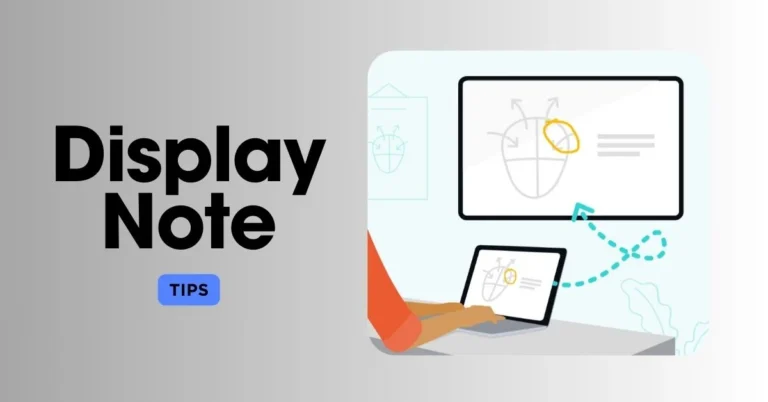Understanding content://cz.mobilesoft.appblock.fileprovider/cache/blank.html: A Clear & Simple Guide
Have you spotted something like content://cz.mobilesoft.appblock.fileprovider/cache/blank.html and wondered what it means? No worries! This guide will break it down step-by-step, with easy words and neat tables to help you understand what’s happening behind the scenes on your Android device.
What’s AppBlock?
AppBlock is an Android app that helps you focus by blocking distracting apps or notifications during study, work, or rest. Think of it as a little helper that pops up a “Do Not Disturb” sign when distractions come calling.
What Does content://... Mean?
In Android, there content:// is a special way apps securely share files without exposing your actual file paths. It’s like giving someone a temporary VIP pass instead of letting them wander inside your house.
Parts of the URI Explained
Let’s look at each part of the link:
| Part | Meaning |
|---|---|
content:// | Secure method apps use to share files |
cz.mobilesoft.appblock.fileprovider | The part that tells Android it’s coming from AppBlock |
/cache/blank.html | A temporary file (empty web page) stored in AppBlock’s cache |
Why You See This Link
You might see this pop up in notifications, logs, or when other apps check for content. It usually happens because AppBlock is activating a blocking screen or placeholder page.
Is It Safe or Dangerous?
Yes, it’s safe.
This link is not a virus or malware. It’s just AppBlock doing its job—nothing more. It doesn’t spy on you or steal your data.
What Is It blank.html For?
blank.html is simply an empty or blank HTML file used by AppBlock to block web content. The app loads this when it wants to replace distracting websites with a blank page. Easy and effective.
How Android File Sharing Works
| Method | Description | Security |
|---|---|---|
file:// | Direct file path | Less secure – old method |
content:// | Uses ContentProvider | More secure – modern method |
content:// lets apps share files safely by granting permission only when needed.
content:// vs file://
file://exposes the file’s real location – risky!content://keeps locations hidden and lets apps control access – much safer.
How to Stop It (If You Want To)
If this link bothers you:
- Turn off AppBlock temporarily.
- Clear AppBlock’s cache and data from Android settings.
- Reboot your device.
That should stop the link from showing up.
Privacy & Data – What You Should Know
AppBlock only collects essential data needed to block apps and maintain schedules. It does not gather personal info. Always check the privacy policy if you’re curious.
Smart Debugging Tips (Tech Mode)
For deeper digging, you can:
- Use Logcat (via Android Studio) to track URI usage.
- Monitor content calls using ADB shell or debugging apps.
- See exactly when and why the
blank.htmlloads.
When to Worry
Be cautious if:
- The URI appears in other apps suspiciously.
- Your phone slows down or crashes often.
- You see repeated redirects or errors.
In that case, uninstall and reinstall AppBlock. Run a virus scan if unsure.
Alternatives to AppBlock
Prefer something new? Try:
- Forest – Grow virtual trees while you focus.
- Stay Focused – Block categories of apps.
- Digital Wellbeing – Built into Android OS.
Each app uses similar secure methods to block content.
How AppBlock Helps You in Real Life
- Studying? Blocks social media and games.
- Working? Stops notifications and chat apps.
- Sleeping or Relaxing? Keeps your phone quiet.
It’s like having a personal productivity coach in your pocket.
Android’s Big Shift in Privacy
Android’s move from file:// to content:// is a major win for your privacy. It keeps apps sandboxed and makes sure you’re in control of what they see.
Conclusion
So next time you spot content://cz.mobilesoft.appblock.fileprovider/cache/blank.html, just smile. It’s harmless—and actually a sign your focus tool is working correctly. Understanding these little tech details empowers you to manage your phone with confidence.
FAQs
Can I delete blank.html manually?
Not needed. Clearing AppBlock’s cache will remove it automatically.
Is content:// a sign of a virus?
No. It’s just Android’s secure file-sharing system.
How do I tell if an app uses FileProvider?
You can check the app’s manifest or use debugging tools like Logcat or ADB.
Will AppBlock slow down my phone?
It usually doesn’t. But if it’s behaving oddly, try clearing cache or reinstalling.
Can other apps read AppBlock’s files?
No—only AppBlock and apps you approve can access them via content://.







